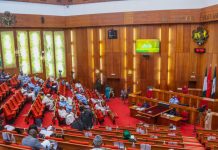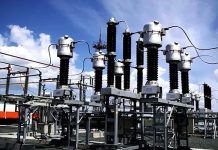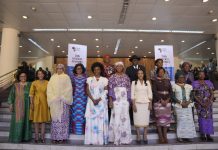As the price of Liquefied Petroleum Gas (LPG), commonly known as cooking gas, continues to soar across Lagos, many residents have turned to charcoal and firewood as cheaper alternatives—despite the environmental and health risks associated with their use.
In several parts of the city, including Oshodi, Ikeja, Mushin, Agege, Iyana Ipaja, Ogba, Abule Egba, and Ayobo, the price of cooking gas has surged to between ₦1,100 and ₦1,500 per kilogram, leaving households struggling to cope.
Beyond the sharp price increase, many gas stations have either shut down operations or are running skeletal services. The reduced supply has triggered artificial scarcity, paving the way for roadside vendors to profit from the crisis.
“We used to buy 1kg at ₦750, but now it’s ₦1,400. I had no choice but to start using charcoal,” said Mrs. Funke Adebayo, a food vendor in Agege.
“Cooking with gas is now too expensive for my business.”
The scarcity has raised fresh concerns about increased deforestation and air pollution, as more households rely on charcoal and firewood for cooking. Environmental experts warn that this trend could worsen Nigeria’s climate challenges and threaten public health, particularly for women and children exposed to smoke in poorly ventilated spaces.
While marketers have blamed the current situation on supply disruptions, rising international prices, and foreign exchange constraints, consumers say they feel abandoned.
“Every time, they say it’s dollar rate. But what about our lives? Even charcoal is now getting expensive,” lamented Mr. Yusuf Olawale, a resident of Mushin.
Nigeria, Africa’s largest LPG market, still faces infrastructural and importation bottlenecks that make domestic supply vulnerable to global price shocks.




























